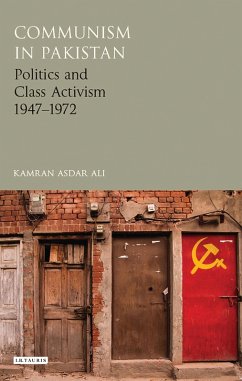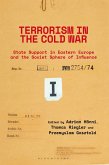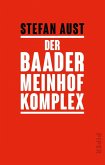Pakistan today stands at a critical juncture in its short history of existence. While muchhas been written about Pakistan, little is known about Communism or left-leaning politicsin the country post-Partition which played a key role in shaping Pakistani politics today. KamranAsdar Ali here presents the first extensive look at Pakistan's communist and working class movement.The author critically engages with the history of Pakistan's early years while paying special attentionto the rise and fall of the Communist Party of Pakistan (CPP), from Partition in 1947 to theaftermath of Bangladeshi independence in 1971. Since its formation in 1947 as a homeland for SouthAsian Muslims, Pakistan has been a configuration of shifting alliances and competing political and social ideologies. Pakistan has experienced three military takeovers and is plagued with geopolitical conflict - from Kashmir to Baluchistan, Waziristan - and while these aspects of Pakistan make headlines, in order to understand the complexities of these events, it is vital to understand the state's relationship throughout history with its divergent political and ethnic voices.One dominant feature of the state, along with its emphasis on the Islamic nature of its polity, has been the non-resolution of its ethnic problem - while the history of Pakistan is often viewed through the lense of unified Muslim nationalism, the author here also explores the history of Pakistan's often tense relationship with its various ethnic groups - Baluch, Pathan, Sindhis, Punjabis and Bengalis.
Shedding light on a vital and little-researched aspect of Pakistani history, this book shows that military coups, Islamic radicalization and terrorist activities do not constitute the sum total of Pakistan's history; that it, too, has had a history that included the activities of communist intellectuals and activists.
Shedding light on a vital and little-researched aspect of Pakistani history, this book shows that military coups, Islamic radicalization and terrorist activities do not constitute the sum total of Pakistan's history; that it, too, has had a history that included the activities of communist intellectuals and activists.
Dieser Download kann aus rechtlichen Gründen nur mit Rechnungsadresse in A, B, BG, CY, CZ, D, DK, EW, E, FIN, F, GR, HR, H, IRL, I, LT, L, LR, M, NL, PL, P, R, S, SLO, SK ausgeliefert werden.









